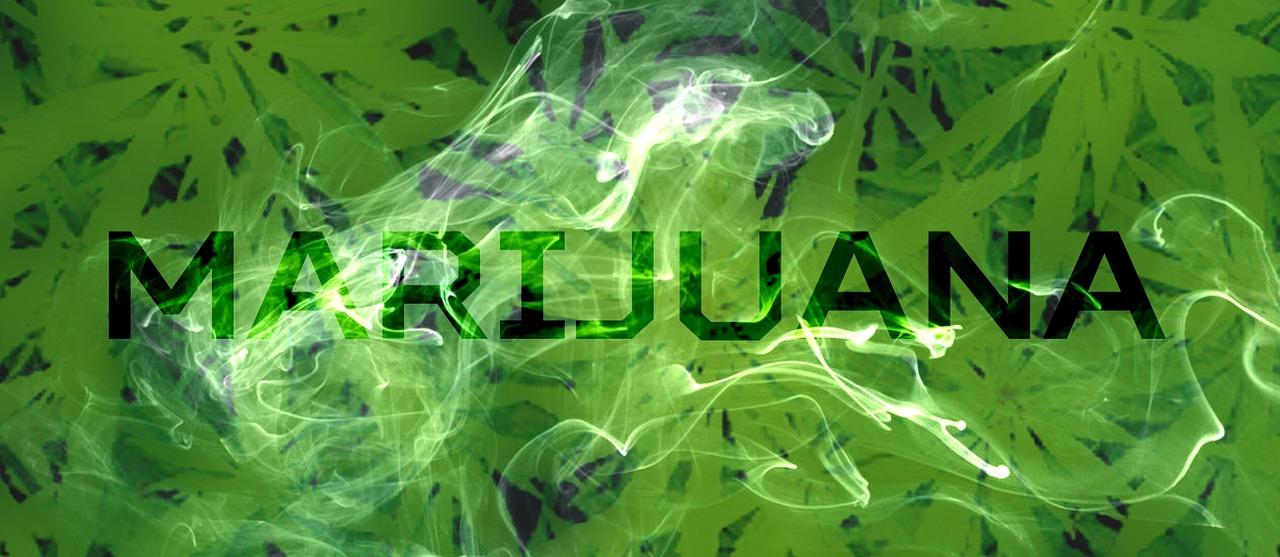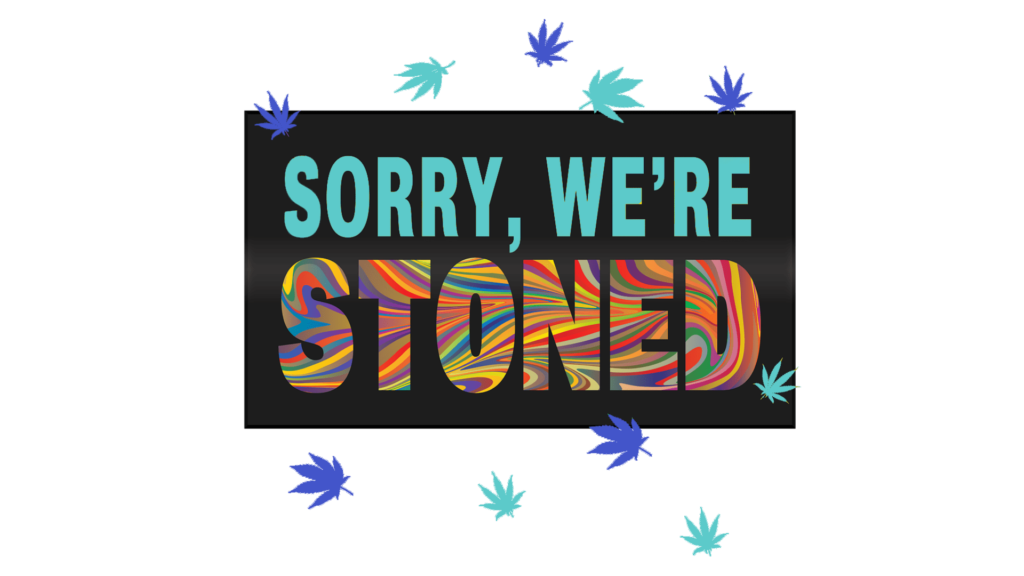Why Isn’t Weed Legal?
There’s no question that the general population has grown accepting of cannabis legalization. A record-high level of support was recently reported, with 68% of Americans supporting cannabis legalization. And while it seems we get to celebrate legalization in a new state every year or so, many of us are still left wondering, why isn’t weed legal on a federal level? What’s the big hold up with legalization when the majority of Americans are on board? It’s a bit complicated.

January 23, 2021
I thought weed was legal?
Well, yes. If you’re in a state that has voted to legalize marijuana, technically it is legal on a state level in your given state. This means it is only legal to possess and use marijuana when in the specific state. Of course, cannabis must be obtained legally as well from a licensed dispensary.
Here’s the thing, though. In states with legal cannabis, the legality starts and ends on the state level. You cannot bring legal cannabis from Washington into a neighboring state, for example, because it is only legal in Washington. Similarly, you cannot take a trip to Oregon and bring cannabis back into Washington. Even though both states offer legal cannabis, they have their own set of laws that only apply in-state.

Additionally, cannabis is not legal on the federal level. Even in states with legal cannabis, cannabis remains illegal federally. It is still classified as a Schedule 1 drug, implying that there are no medical benefits to the plant. Now, we know this is not the case, especially with many other states offering medical cannabis only. But still, this is the current law.
Cannabis is classified as a Schedule 1 drug alongside heroin, lysergic acid diethylamide (LSD), 3,4-methylenedioxymethamphetamine (ecstasy), methaqualone, and peyote.
The laws can be quite confusing if you’re not familiar with the cannabis world. Many states that do not have legal cannabis have at least decriminalized the plant, making it the lowest priority crime in the state. This means there are no arrests or criminal records for anyone caught with a personal amount of marijuana for the first time. Decriminalized states treat personal cannabis possession similarly to traffic violations.
Here’s where the federally illegal status of cannabis makes things real tricky. Lawmakers don’t necessarily all think marijuana is as dangerous or subject to abuse as other Schedule 1 drugs. It’s just that reclassifying it isn’t so simple.
What’s the holdup with federal legalization?

The United States is no stranger to pushes for cannabis rescheduling. In fact, it’s an expected topic of conversation when looking at the country’s laws in general.
There’s a big barrier in the way of lawmakers snapping their fingers and legalizing cannabis entirely: the research. We lack large-scale clinical trials for cannabis, the kinds that are needed to prove it offers medical benefits and thus justify a need for rescheduling.
And this is where the endless cycle begins. You can’t just run large-scale trials on a substance that is federally illegal and classified as a Schedule 1 drug.
Until cannabis is studied more thoroughly, we can’t make it legal on a federal level. Until cannabis is legal on a federal level, we can’t easily run large-scale trials to study it thoroughly.
Inconvenient, right?
According to Forbes, the United States previously blamed the United Nations for preventing legalization because they viewed cannabis as a “risky narcotic.” The UN has since voted to remove cannabis from the official list of the most dangerous narcotics in the world. Thanks, UN!
That’s not to say everyone is on board with legalization or that the current scheduling of cannabis is the only hurdle preventing federal legalization. There are plenty of lawmakers arguing against the legalization of cannabis, and many other hoops to jump through before we can come close to finally having legal weed across the country.
But has weed always been considered such a dangerous, medically-invaluable substance? Not necessarily. Let’s take a look at the timeline:
The history of weed legalization

Before we give you a brief timeline of marijuana’s history in the United States, we have to point out that this is nowhere near comprehensive. There is a lot of history to cover when looking at cannabis laws and the war on drugs. Still, we hope this will give you a good idea of how the country has changed over the years.
- Early 1900s – There were lots of backs and forths with cannabis laws. Still, cannabis was used on a medical level and included in some pharmaceuticals.
- 1927 – The League of Nations signed the revised International Opium Convention which added cannabis to the list of prohibited drugs.
- 1937 – United States passed the Marijuana Tax Act which prohibited cannabis use on a federal level.
- 1969 – The tax act is repealed and found to violate the 5th amendment protections for self-incrimination.
- 1970 – The Controlled Substances Act replaces the tax act, classifying marijuana as a Schedule 1 drug. This prohibits its use in any form.
- 1996 – California voters pass Proposition 215, known as the Compassionate Use Act of 1996. This permits the use of medical cannabis in the state.
- 1998 – Following the approval of Proposition 215, House Joint Resolution 117 was passed. This declared “that the Congress supports the existing Federal legal process for determining the safety and efficacy of drugs and opposes efforts to circumvent this process by legalizing marijuana, and other Schedule I drugs, for medicinal use without valid scientific evidence and Food and Drug Administration approval.”
- 2012 – Colorado and Washington voters approve initiatives to legalize recreational marijuana in their states.
There’s simply not enough room to go into the details of each part of the timeline, nor fill in the inevitable blanks that were left out from year to year. Progress for cannabis legalization has been ongoing and advocates have always been pushing for legalization.
You can see just by looking at the timeline, though, that the world of cannabis has been everchanging in the United States. The 1990s brought attention to the medical benefits of cannabis and changed the direction of discussion around cannabis. Since then, we’ve slowly seen states roll out new cannabis laws, including legalization or at least decriminalization.
When will weed be legal on a federal level?

We can’t see the future, but we do have a hunch that the cannabis world is headed towards legalization. It’s been this way for years, though, and it’s a matter of getting policymakers on board with legalization and conducting thorough research on the plant.
We feel pretty lucky to have legal cannabis in Washington State and Alaska, though. At Piece of Mind, we’re able to participate in the wonderful industry while providing real value to customers through quality cannabis products.
Need to stock up? Stop by Piece of Mind for all your cannabis needs!
Piece of Mind Cannabis is a medical marijuana and recreational Cannabis dispensary with locations in North Spokane, South Spokane, Seattle,Bellingham, Pullman and Anchorage!
Follow us on Instagram, Facebook, or Twitter.